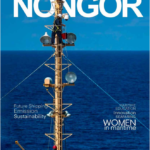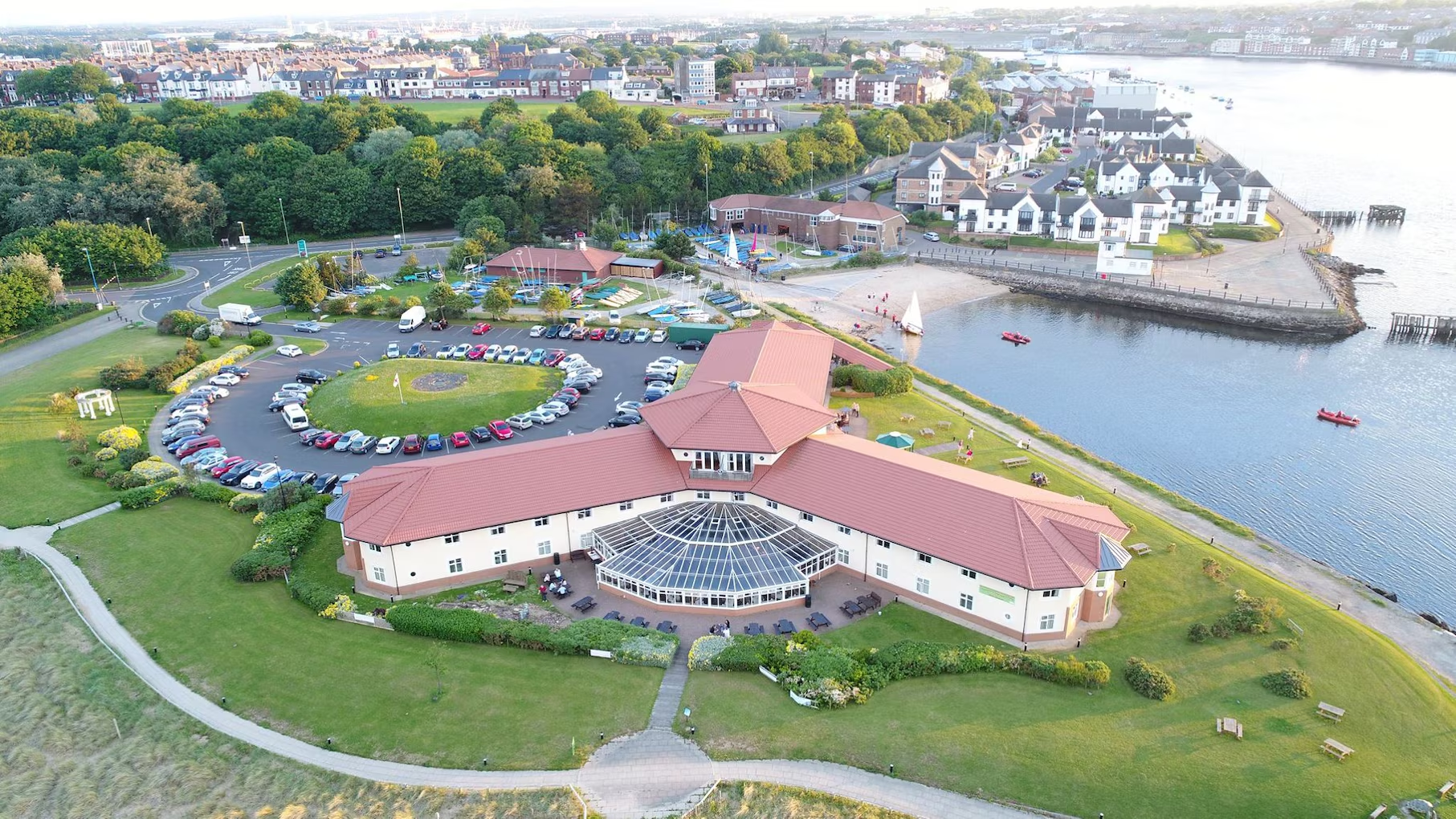(Since Aug 2012, I have been participating in a running clinic and training session including fat burning and fuel management (human body) for the preparation of long run. This article is based on the knowledge earned during the path of my training and running).
Fuel System: Diesel is used for Truck and Petrol for Car, but mixing both fuel is not compatible for any vehicle. However, our body system burns both Fat and Carbohydrate channelling together/separately without any trouble, thus enabling us to move on.
Emergency Fuel: Ship performing a voyage keeps additional fuel as safety Margin. Similarly our body bunkers on daily basis too, taking daily calories (food) and burning daily, also reserving for rainy days. No matter how skinny you are, 30 days (appx) fuel stored in the body (safety Margin). On top of it Protein is an alternative fuel (in emergency). It starts its operation when primary fuel (fat and carb) run out. In WW II, prisoners (POW) were not supplied food for months, their body organs kept alive by protein (muscle) fuel.
Fuel to Energy: Intake of food converts into energy, which are stored in the body as carb (glycogen) and fat (fatty acid). While sleeping, another industry wakes up and starts cleaning, repairing (broken tissue/muscles) and metabolising (building up the immune, nervous, skeletal, and muscular systems). This process consumes a lot of energy supplied from the service tank (blood) and reserve tank (stored energy). Our body does its maintenance job too, also costing energy (fuel). Protein help in muscle-building. Minerals keeps building our bones and teeth and red blood (iron) carry oxygen and vitamins to sustain our body immunity and also maintain body temperature.
Carb Theory: In school we learnt, sugar is a solvent (soluble in water). Adding too much sugar in water, it reaches a phenomenon called saturation point where additional sugar remain solid. Body system wouldn’t allow more than 6 mmol/L sugar in the blood, again it does not allow to fall below 4 mmol/L (insulin maintains the sugar level in the blood, feeding carb/sugar – insulin starts working, at night while sleeping no feeding, pancreas also stops releasing insulin).
Fat Theory: We consume many types of food – liquid, carb, fat, protein, mineral, vitamin, etc. Among those liquid and carb/sugar directly go to the blood, whereas fat and protein have to go through conversion process by our body kitchen – liver.
Energy (Fuel) consumption rate: When there is a little increase in ship’s speed – there is a much higher consumption of fuel. Body fuel works the same way, increase intensity of work burns more fat or carb. The intensity of work can be categorised into 3 stages, i.e. Low intensity work, Medium work or High work.
Fuel Changeover: In a ship we do change fuel heavy to diesel or vice versa. Body system also change fuel Fat to Carb or vice versa or burning both simultaneously.

Above diagram shows, Fat burnt at low intensity work (like ship burns diesel during manoeuvring), Carb (CHO) burnt in high intensity work (ship at Full Away burning Heavy Oil) and either burnt at medium intensity work (ship – no can do). That’s why we need fat and carb (as food) for energy source. But when we do only light work we do not need to take much carb.
Unit of Fuel Consumption: in the diagram (above) vertical side denotes % of Carb and/or Fat consumption measured by calorie.
Unit of Work Intensity: horizontal side (of the same diagram) denotes Exercise intensity Low, Medium or High. Unit of work – to avoid complicacy – we may proceed directly to the Heart Rate (instead of joule).
Why Heart Rate? All our organs, tissues, cells need Oxygen (generating energy also need oxygen). This oxygen is carried by blood which is pumped by the heart. More intensity of work need more energy – heart starts pumping more blood – delivering more oxygen. Therefore intensity of work can be measured by Heart Rate.
Resting Heart Rates (minimum); Children 70-130, adults 60-100, Well-conditioned athletes 40-60.
How to Measure Resting (Minimum) Heart Rate? By checking pulse (wrist or neck) for 10 sec, multiply by 6.
Maximum Heart Rate: With high intensity work – heart rate increases. When the rate is maximum, oxygen supply is maximum, this is called VO2Max.
The formula for measuring Maximum Heart Rate (VO2Max) = 220 – your age.
That means 20 years old has a maximum Heart Rate of 200, 50 years 170 and so on.
How to Measure Max Heart Rate? Stress Exercise is needed to measure maximum heart under Doctor’s Supervision. This can also be done without doctor’s supervision by using a smart watch or heart rate monitor. These devices measure all ranges of Heart Rate, data can be down loaded in mobile apps or computer and one can monitor his heart rate condition and progress.
Heart Rate in between: For a 50 year old man heart rate should be – easy walk 95-110, Quick walk 110-130, Slow Running 130-140, Mod Speed Running 140-150, Sprint 150-170.
Heart Rate Raising and Lowering: You can raise your heart rate up or lower it down. Walking with 10 kg load increases heart rate than empty handed walk. Similarly, if your body mass increases by 10 kg – your heart rate definitely will increase. You are idle for months then suddenly start walking – then heart will pump faster than the normal rate.
Resting Heart Rate for a well-conditioned Athlete ranges from 40-60, whereas for a non athlete it is 60-100. That means the lesser your heart rate, more fit you are. Our aim should be to reduce heart rate. How? Regular exercise, yes – at the beginning heart rate would be higher but consistency will bring it down.
For a 50 year old, slow running should show Heart Rate 130-140, if it shows less, then the fifty year old man is physically as strong as forty years old man. In other words, lower your heart rate – younger you remain (than the actual age).
Healthy Living: Prevention is better than cure – here is the preventive formula;
1. BMI (Body Mass Index); formula wt,kg/ht,m2 or (lb/inch2)x703: If BMI is more than 25 (over weight), then running is not recommended (may effect knee joints). Swimming would be a better option then or any other exercise – at least walking.
2. Eat right: Our body needs carb, fat, protein, vitamin, minerals sourcing from different types of food. In the vast jungle of food industry/chain, it is easy to find all ingredients that our body needs, controlling intake is a challenge. Another challenge is our food habits, for example, orange has food fibre – once blended to juice – fibre is lost, but people prefer juice (for convenience). Doctors suggest, plant foods are better, nuts and fish provide better quality fat.
3 Life style: a) It is recommended to have 6-8 hrs sleep at night (to avoid hampering repair work of the body). b) Reduce stress as much as possible (to avoid chemical imbalance in the body organs).
4. Exercise: Job scope does not always allow the burning of calories, therefore, need some exercising to get it (calories) out. Exercise more (with gradual increase (not more than 10% a month) means burning more calories, luxury to eat more, and put more choices in the menu. Some people are born thin (body shape) – no matter how much you feed them. These people also need exercise to increase metabolism.
5. Consistency: Watch out item number 1, 2, 3 and 4. One Guru said; life is a race, Diabetes, Heart attack, Stroke etc. racing to catch us. At young age when we are faster, they fall back, but when we reach 50, we are slow, they come closer and once catch us, no doubt, health is threatened. To keep them far behind, we run, swim, walk or do any exercise. We walk 5km a day, they (Diabetes, Heart attack, Stroke) will fall back 5 days – keep them 3/4 years behind to live peacefully.
Fuel Management with Efficiency: A manufacturer has applied his best engineering and built a car (burn petrol, average life span 15 years with no breeding capability), it is the buyers’ responsibility to maintain its efficiency. Almighty built us with precise engineering (burning fat and carb, plus alternative fuel protein, average life span – no limit as breeding capability installed by Him), therefore maintaining its efficiency is our duty. The more we follow a balanced lifestyle, the better are our chances of living a healthy and peaceful physique.
Md Mesbah Uddin, was born in Mymensingh, Bangladesh, studied in Shere Bangla Nagar Govt Boys High School, Dhaka College, Marine Academy (18th Batch), Hong Kong Polytechnics (Ship’s Command), Nanyang Tech University (MSc, Maritime Studies). Served on board 22 years (1083-2005) as deck cadet to Master. Presently working as a Manager @ Ocean Tankers, Singapore.
Published one book – মনে পড়ে বৃষ্টি (2005).


















Leave a comment